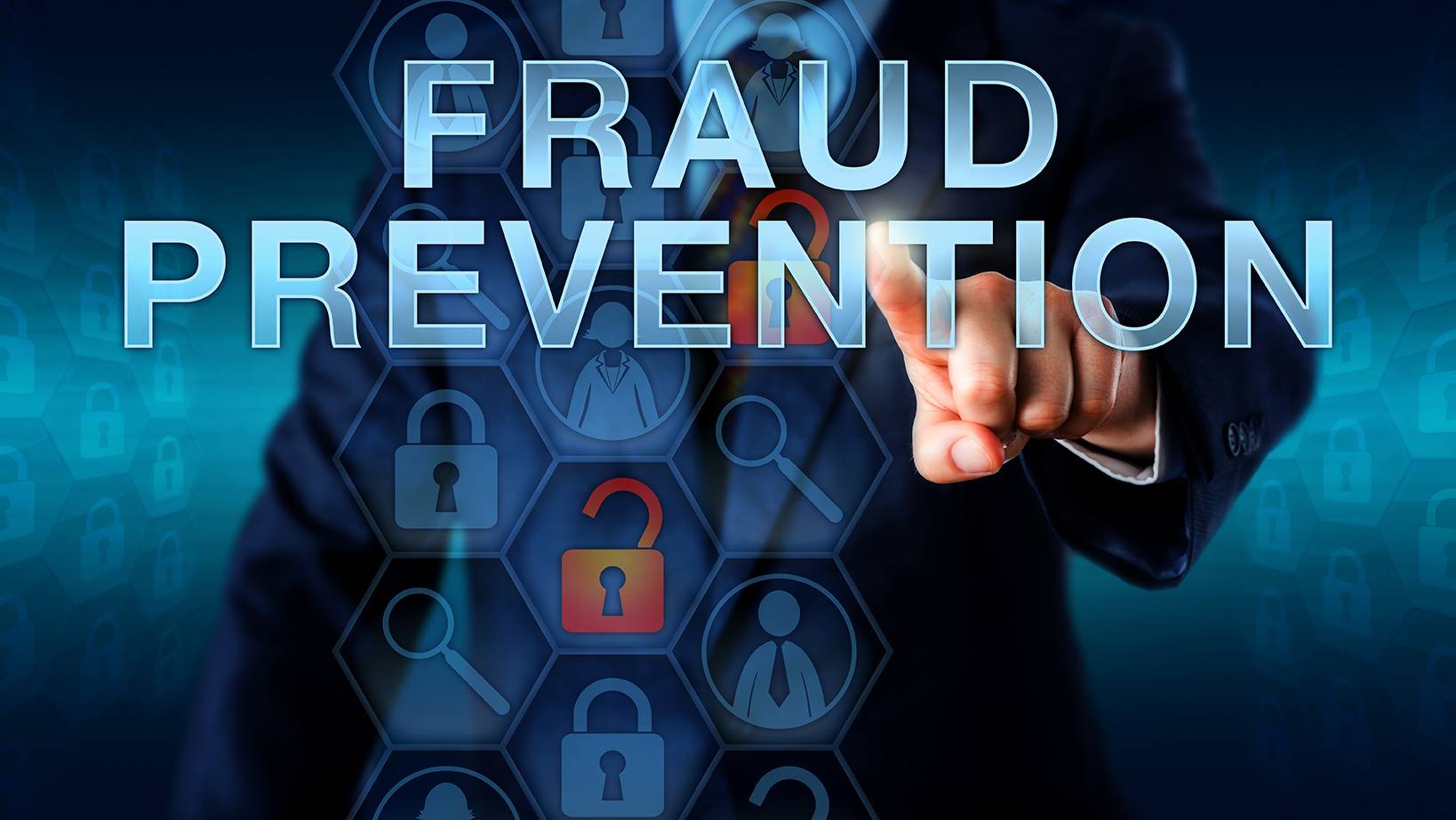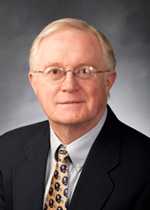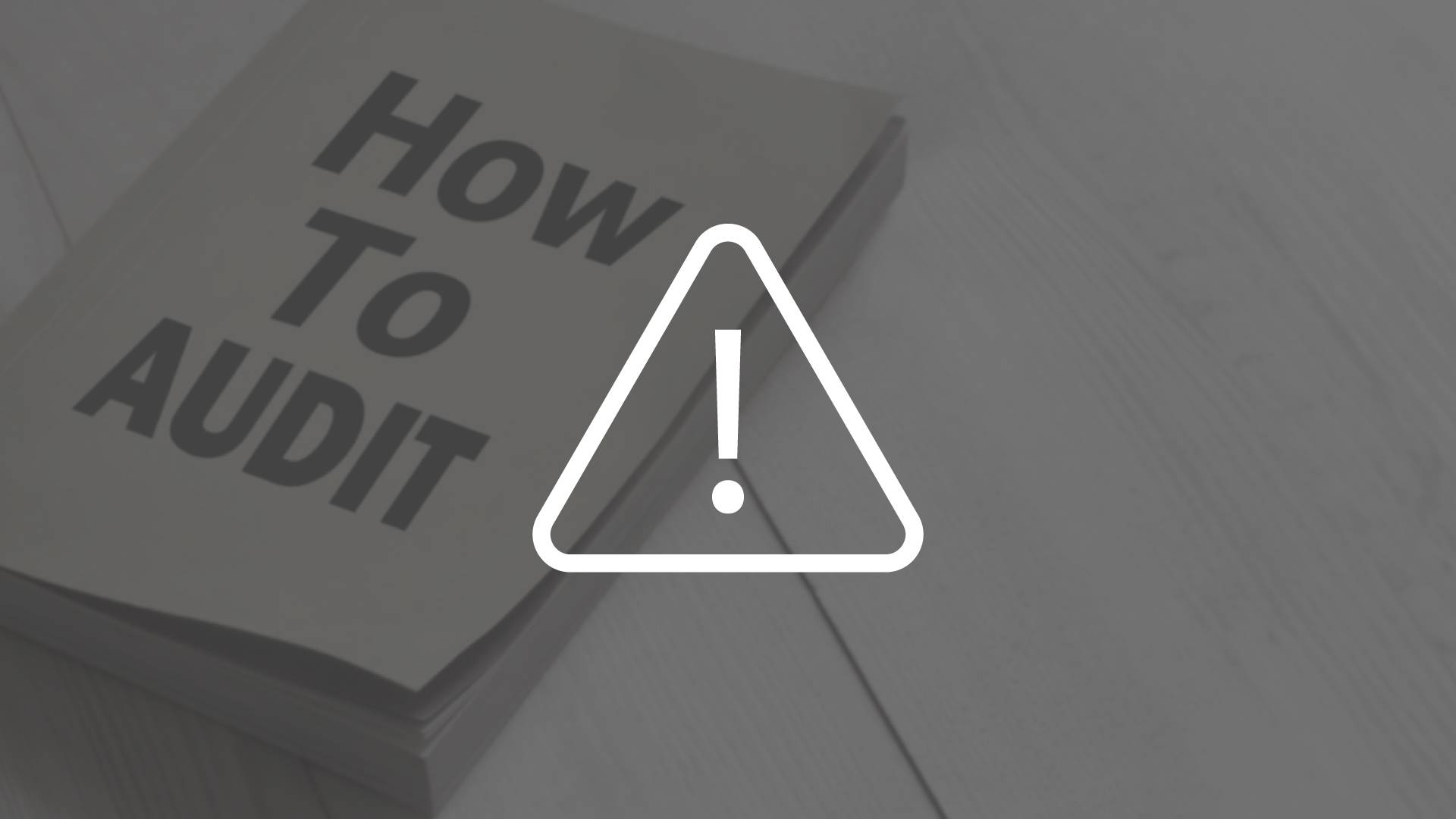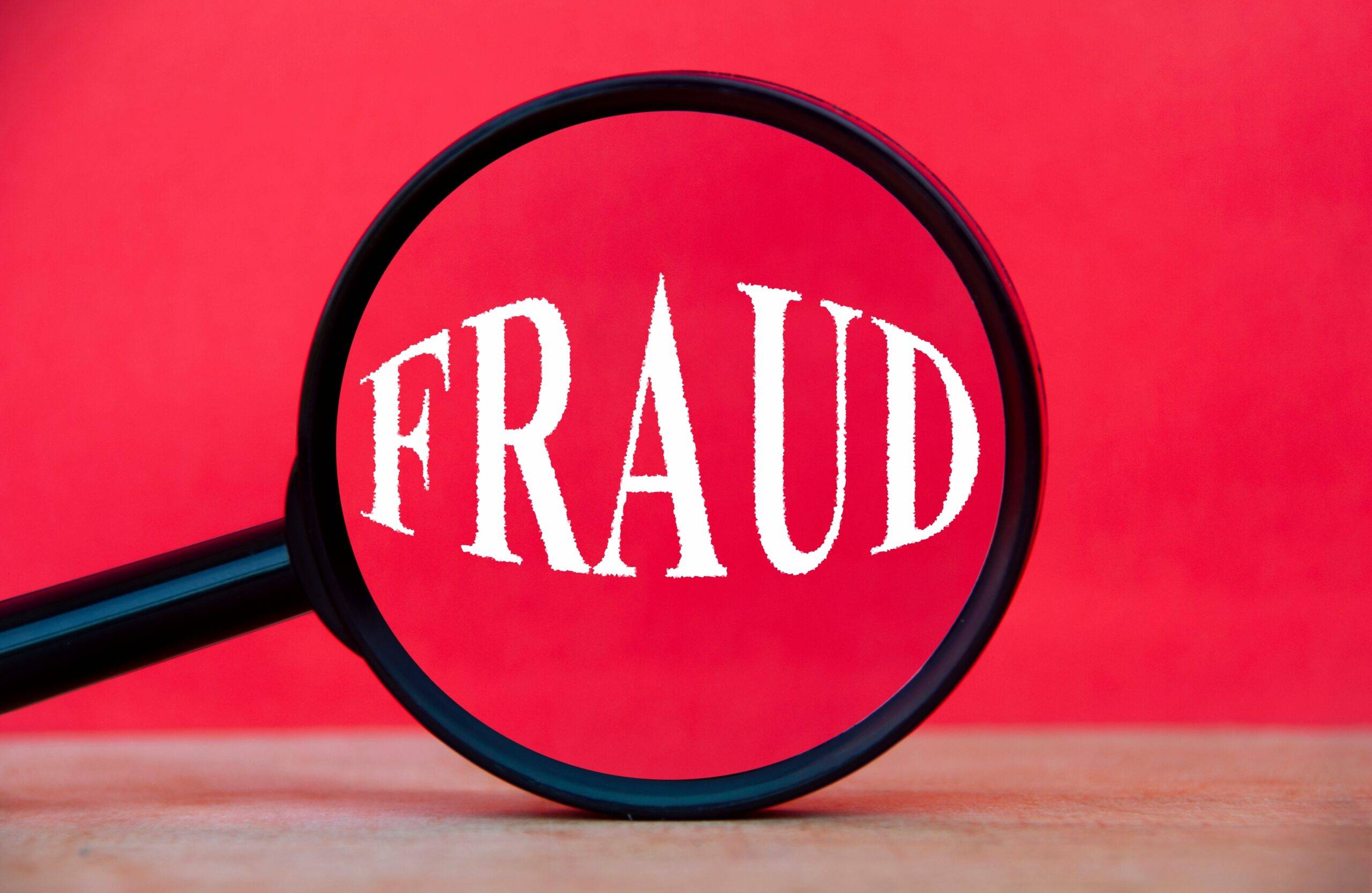Self-Study
Fraud Prevention, Detection, and Audit
Powerful guide to Fraud Detection, Prevention, and Investigation Techniques. Learn to identify perpetrator profiles, recognize organizational vulnerabilities, and implement effective anti-fraud strategies.

$261.00 – $291.00
Webcasts are available for viewing Monday – Saturday, 8am – 8pm ET.
Without FlexCast, you must start with enough time to finish. (1 Hr/Credit)
Please fill out the form below and we will reach out as soon as possible.
CPE Credits
9 Credits: Auditing
Course Level
Basic
Format
Self-Study
Course Description
This in-depth fraud CPE course, taught by Marshall Romney, offers a comprehensive exploration of the world of fraud prevention, detection, and audit. It is an invaluable resource for professionals seeking to enhance their understanding and capabilities in this critical area.
Participants will benefit from a thorough breakdown of the basic elements of fraud, gaining the ability to recognize and cite examples of fraudulent practices. The course delves into the profiles of fraud perpetrators, providing insights into their characteristics and motives. This understanding is crucial for implementing effective fraud prevention techniques. The fraud CPE also addresses the pressures and rationalizations leading to fraud, offering strategies to alleviate workplace pressures and reduce the incidence of fraud. Furthermore, participants will learn to identify opportunities that lead to fraud and the specific prevention techniques for each scenario. This online fraud CPE class emphasizes the importance of recognizing company vulnerabilities and symptoms of fraud, enabling early detection and prevention. Additionally, the course guides participants through the key elements of a fraud investigation and audit, including types of evidence and auditor responsibilities. The class’s well-rounded approach ensures that participants are well-equipped to handle various aspects of fraud within their organizations.
Learning Objectives
Upon successful completion of this course, participants will be able to:
Chapter 1
- List the basic elements of fraud and explain how the various types of fraud are carried out.
- Cite examples of fraudulent practices.
Chapter 2
- Identify the various types of fraud perpetrators, their characteristics, and their reasons for committing fraud.
- Cite the benefits of fraud prevention techniques.
Chapter 3
- Identify the pressures and rationalizations that can lead to fraud.
- Identify programs to relieve workplace pressures and help prevent the occurrence of fraud.
Chapter 4
- Identify the opportunities that lead to the occurrence of fraud and the fraud prevention techniques specific to each of those kinds of opportunities.
Chapter 5
- Identify company vulnerabilities and the various symptoms indicating the presence of fraud in order to detect fraud when it occurs or prevent the occurrence of fraud.
Chapter 6
- Identify the key elements of a fraud investigation and audit.
- List the types of evidence gathered in fraud cases.
Chapter 7
- Determine the auditor’s responsibility with respect to fraud detection and audit.
Course Specifics
9153043
February 6, 2023
There are no prerequisites.
None
190
Compliance Information
Qualifies for CA Fraud Credits: 9
CFP Notice: Not all courses that qualify for CFP® credit are registered by Western CPE. If a course does not have a CFP registration number in the compliance section, the continuing education will need to be individually reported with the CFP Board. For more information on the reporting process, required documentation, processing fee, etc., contact the CFP Board. CFP Professionals must take each course in it’s entirety, the CFP Board DOES NOT accept partial credits for courses.
Meet The Experts

Marshall Romney, CPA, PhD, CFE, is the John and Nancy Hardy Professor of Accounting and Information Systems in the Marriott School of Management at Brigham Young University (BYU). He holds a bachelor’s and a master’s degree from BYU. Upon graduation, Marshall worked as an auditor with Touche Ross & Co. in Los Angeles. Marshall left public accounting to earn a PhD in accounting from the University of Texas at Austin. At Texas, Marshall was twice awarded the Arthur Andersen Accounting Excellence Award and was awarded a dissertation grant from R. D. Irwin. Marshall has published 25 books, including the leading …
Related Courses
-
 Auditing
Auditing
Computer Fraud and Abuse
Marshall Romney, CPA, PhD, CFE QAS Self-Study
Credits: 6 $174.00
QAS Self-Study
Credits: 6 $174.00$174.00 – $204.00
-
 Auditing
Auditing
How to Audit for Fraud
Steven M. Bragg, CPA QAS Self-Study
Credits: 3 $87.00
QAS Self-Study
Credits: 3 $87.00$87.00 – $107.00
-
 Auditing
Auditing
Assessing Fraud Risks: Understanding Common Fraud Schemes
Marshall Romney, CPA, PhD, CFE QAS Self-Study
Credits: 7 $203.00
QAS Self-Study
Credits: 7 $203.00$203.00 – $233.00
